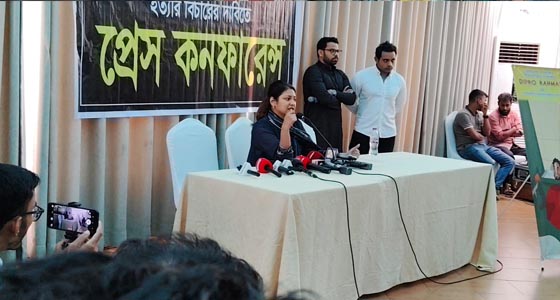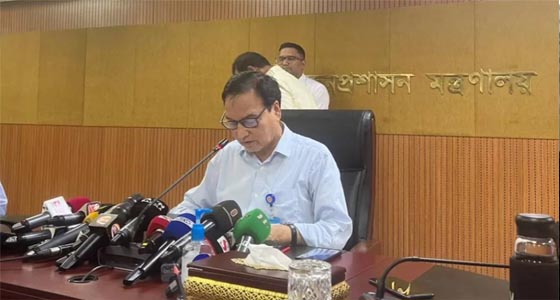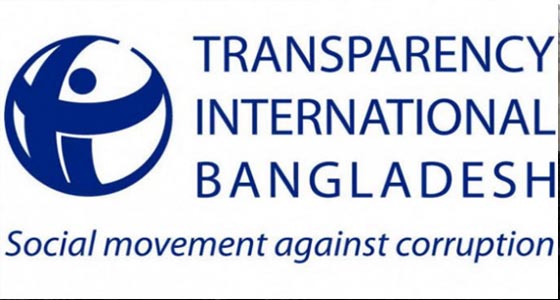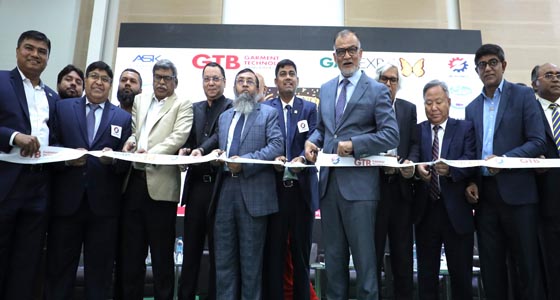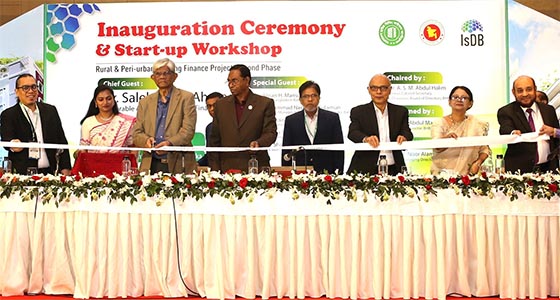2009 Pilkhana Massacre: Victim families accuse former leaders, call for inquiry commission
- Last Update : 02:15:30 pm, Saturday, 17 August 2024
- / 679 Read Count
Staff Correspondent
On February 25-26, 2009, a massacre at Dhaka’s Pilkhana headquarters of the then Bangladesh Rifles (BDR) left 57 military officers and 17 civilians dead, including the head of the BDR, Major General Shakil Ahmed.
Fifteen years later, the families of the deceased are still seeking justice and transparency, urging the interim government to take decisive action.
At a press conference held on Saturday at Skyline Restaurant in Dhaka’s Mohakhali area, the families of those killed presented a series of demands, calling for the publication of investigation reports and formation of an Inquiry Commission to unearth the truth behind the brutal killings.
The press conference was led by family members who expressed their frustration with the ongoing delays in achieving justice.
Rakin Ahmed, the son of Major General Shakil Ahmed and Naznin Ahmed, both of whom were murdered during the Pilkhana carnage, made accusations against prominent political figures. “The former prime minister is directly involved in this. There are many call records and instructions that we have heard. Ask the journalists to release those. This was done with the help of foreigners,” Rakin said.
“We do not accept the drama that has been going on for so long in the name of justice. We want the names of those involved to come out through a proper investigation,” he added.
Echoing Rakin’s sentiments, Labi Rahman, the widow of martyr Col Qudrat-e-Rahman, urged journalists to investigate thoroughly, now that press freedom is possible. “There was no freedom then, but now there is. Now you have to name them,” she insisted.
During the press conference, the victim families outlined three major demands directed at the interim government:
1. Publication of Investigation Reports: The families called for the immediate publication of all investigation reports related to the Pilkhana tragedy, including those conducted by the Ministry of Home Affairs and the Army. These reports should be made available to both the families of the victims and the general public.
2. Formation of an Inquiry Commission: In line with the 2017 recommendations of the High Court Division of the Supreme Court regarding the Pilkhana killings, the families demanded the establishment of an Inquiry Commission to uncover the facts behind the tragedy.
3. Memorialization and Prevention Measures: The families proposed that February 25 be officially recognized as “Shaheed Shena Dibosh” through an official gazette, with all fallen officers acknowledged as “Shaheed” (martyr). They also called for the national flag to be flown at half-mast every year on this date, and for the inclusion of a chapter on the BDR Pilkhana tragedy in school textbooks, ensuring that future generations learn about the sacrifices made.
Furthermore, the families appealed to the interim government to ensure that no innocent former BDR soldiers remain imprisoned and to reinstate or compensate Bangladesh Army officers who lost their jobs for advocating for justice.

